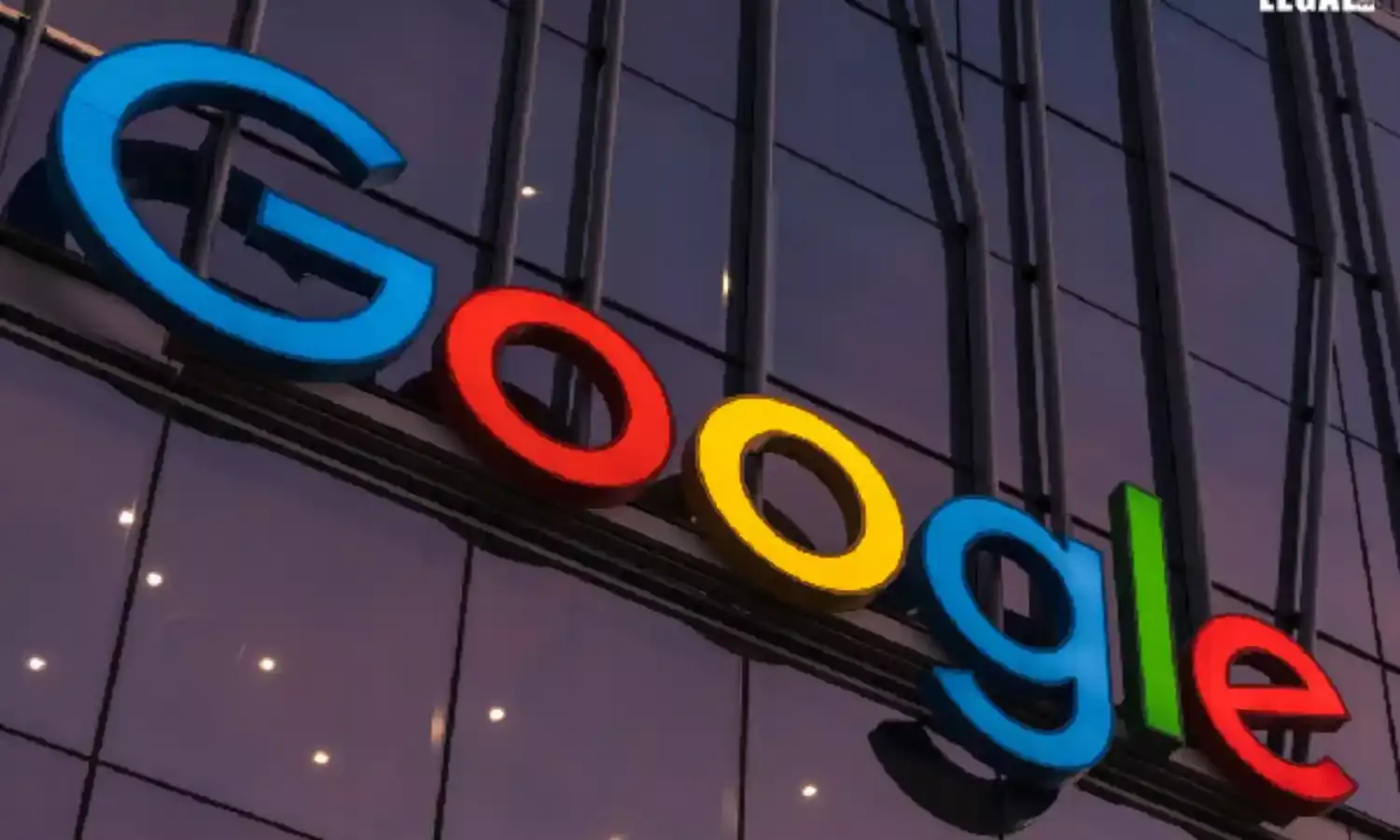Justice Department Faces Hurdles For Google's Forced Sale Of Chrome
President-elect Donald Trump has indicated not breaking up the company when competition is heating up with China in AI;

Justice Department Faces Hurdles For Google's Forced Sale Of Chrome
President-elect Donald Trump has indicated not breaking up the company when competition is heating up with China in AI
The efforts of the US Department of Justice (DoJ) to break up Alphabet by forcing a sale of its Google Chrome browser and other proposals to limit its search dominance are likely to run into legal challenges, as the remedies are extreme.
After an August ruling that Google illegally monopolized the search market, the DoJ prosecutors told the court that the company must sell Chrome, share data and search results with rivals and sell its Android smartphone software.
The proposals are part of a landmark case to reshape how users find information. But the new pro-business administration of President-elect Donald Trump next year could change that, and legal proceedings could last years.
Kevin Walkush at Jensen Investment Management, which holds Google’s stock was skeptical a Chrome divestiture would happen. He stated, "It would strike as an over-ask. You ask for everything possible, not necessarily with an eye towards what would be probable and proportional, and then see what sticks."
In the early 2000s, the DOJ sought and won a breakup of Microsoft after alleging it illegally monopolized the web browser market. However, the Court of Appeals had overturned the ruling. Subsequently, Microsoft and the DOJ settled the matter.
Walkush expects the Google case to take years as the company appeals. "The wheels of justice do not turn quickly. The DOJ's approach is unprecedented government overreach that would harm American consumers, developers, and small businesses.”
He added that it would diminish user privacy and reduce funding for companies including browser maker Mozilla that feature Google search.
While Trump's administration originally filed the search case against Google during his first term, he recently indicated not to break up the company as it could hurt the American tech industry at a time when competition was heating up with China in areas including AI.
A widely used web browser, Chrome is a pillar of Google's business, providing the company valuable user data that targets ads. The search ads business brought in over half of Alphabet's total revenue of $88.3 billion in the last quarter.
Chrome’s value, estimated to hold about two-thirds of the global browser market, diminishes sharply as a standalone browser.
Megan Gray, a former general counsel at search rival DuckDuckGO and previously an attorney at the Federal Trade Commission remarked, "It’s valuable because Google uses it to enhance its ad and search businesses. If you don't have those, then Chrome would just be a data broker."
Meanwhile, critics claim that a forced sale would not address several key issues raised in the DOJ lawsuit, including a search monopoly. The antitrust enforcers, pursuing Apple and Amazon in other monopoly cases, would have to approve any potential Chrome buyer.
Gus Hurwitz, senior fellow and academic director at the University of Pennsylvania Carey Law School opined, “The DOJ will face substantial headwinds with this remedy because Chrome can run search engines other than Google. Courts expect any remedy to have a causal connection to the underlying antitrust concern. Divesting Chrome does nothing to address this concern."
The DOJ had proposed a blanket ban on Google offering incentives to give its search engine preferential treatment. It included a lucrative partnership with Apple, where it pays the smartphone maker billions of dollars annually to make Google Search the default practice.
The analysts termed the proposed curbs ‘draconian’.
Hurwitz felt that due to Google Search's popularity, Apple was likely to continue with it as the default search engine even without any agreement or payments.
DOJ's proposals also included demands for Google to license search results at a nominal cost and share the user data it gathers with competitors for free.
Analyst Gil Luria of D.A. Davidson & Co said it was difficult to ascertain Google’s impact of opening its search data until the terms were clearer.
The Center for Journalism & Liberty said Google licensing its search data would be ‘transformative’ for news publishers to understand their audience.

